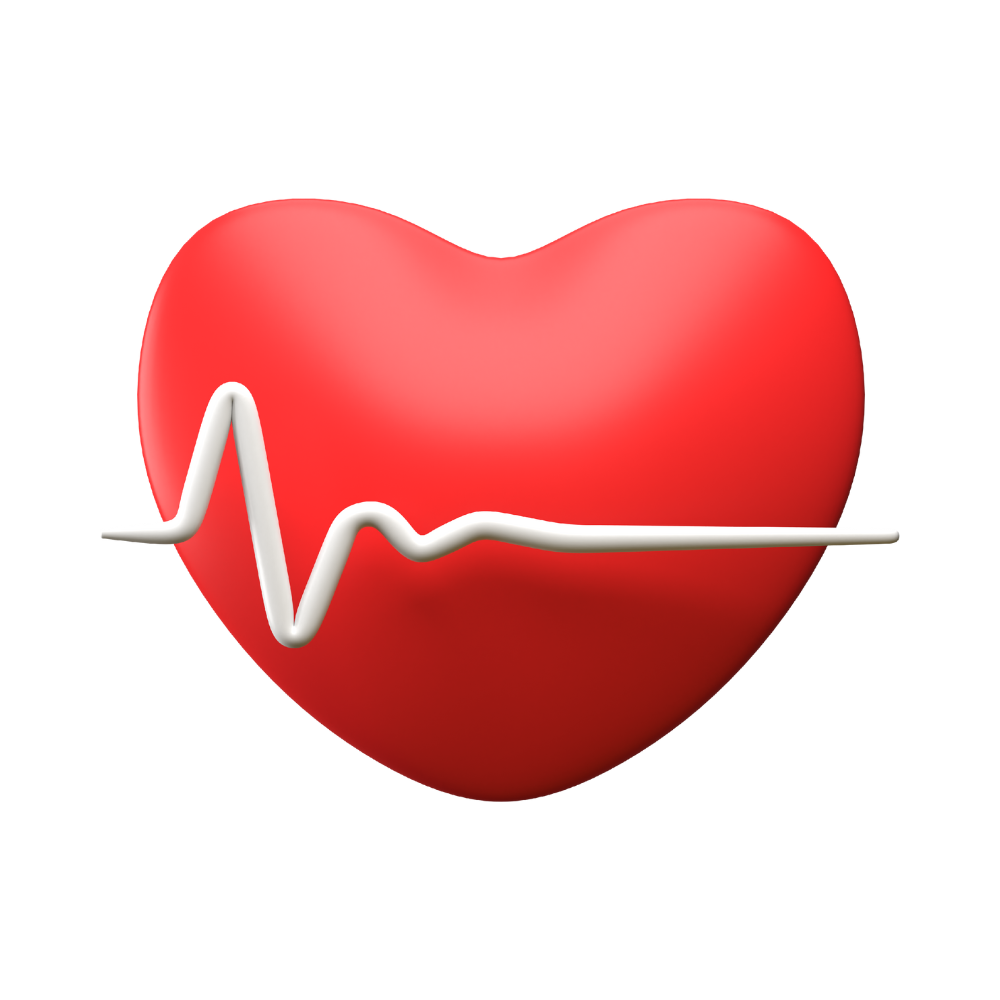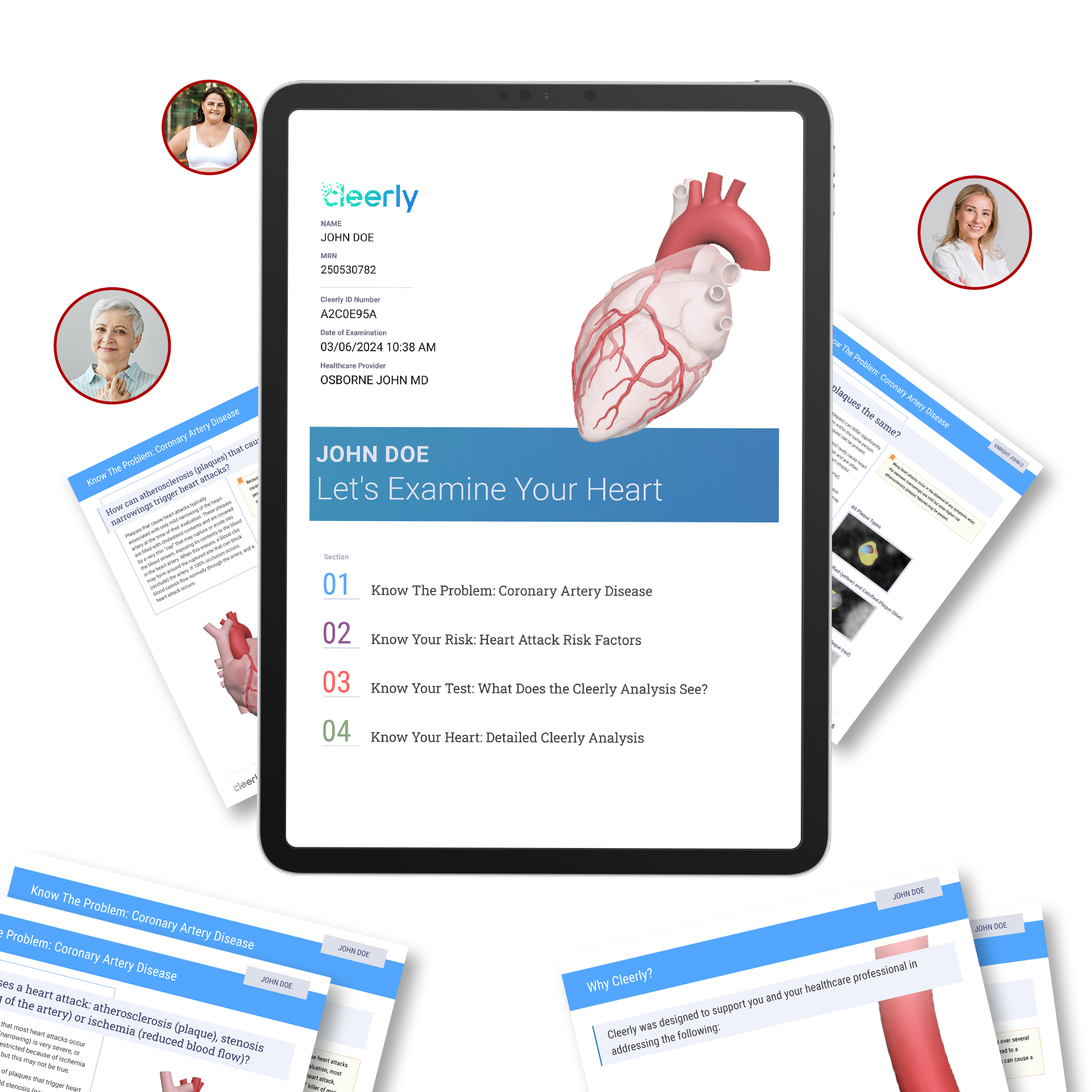EXPLORE HEART HEALTH WITH US
At ClearCardio™, we're dedicated to not only providing cutting-edge cardiac care but also empowering you with knowledge to make informed decisions about your heart health. Filled with insights, tips, and real-life stories that showcase the transformative power of proactive cardiac care.
EXPLORE HEARTH HEALTH WITH US
At ClearCardio™, we're dedicated to not only providing cutting-edge cardiac care but also empowering you with knowledge to make informed decisions about your heart health. Filled with insights, tips, and real-life stories that showcase the transformative power of proactive cardiac care.
OUR BLOG CATEGORIES

Heart Health Tips
Discover actionable advice on how to maintain and improve your heart health through diet, exercise, and more.

Patient Stories
Read inspiring stories from our clients who have experienced significant health improvements with our help.

Research Updates
Stay informed about the latest findings in cardiac care and how they impact the services we provide.

The Hidden Heart Disease Killing Athletes with "Perfect" Labs
Dr. John Osborne | ClearCardio
Welcome to ClearCardio's Prevention is Power podcast, where we help you take control of your health and protect your future. In this shocking episode, we challenge everything you think you know about heart health with one fundamental truth: just because you're fit doesn't mean you're safe. Every day, marathon runners, personal trainers, and health-conscious individuals get blindsided by heart disease despite feeling invincible.
Dr. John Osborne shares jaw-dropping cases including a 33-year-old Ironman triathlete with 7% body fat who needed five-vessel bypass surgery. This episode exposes the shocking truth that ultra-marathoners and extreme athletes actually have HIGHER rates of heart disease and sudden cardiac death. Learn about the dangerous U-shaped curve where "more is better" can literally kill you.
"You may have a Ferrari. It may look amazing, polished, gorgeous, sound great, and it could have an engine that's just about ready to fail. You gotta look under the hood." — Dr. John Osborne
Key Takeaways from This Episode:
A 33-year-old Ironman triathlete with 7% body fat, perfect diet, and no bad habits needed five-vessel bypass surgery due to genetic high cholesterol and LP(a).
LP(a) is a hidden genetic cholesterol that affects 20% of people with heart disease, isn't detected on standard cholesterol tests, and can only be checked once (it never changes).
Jim Fixx, who literally "wrote the book" on aerobics in the 1970s, died of sudden cardiac death at age 52 while running, proving you cannot exercise away genetic risk.
Exercise benefits follow a U-shaped curve—moderate exercise (150 minutes/week) provides maximum protection, but extreme exercise above 12 METs increases cardiovascular risk.
Ultra-marathoners and extreme athletes have higher rates of heart disease, atrial fibrillation (5x higher), heart enlargement, and sudden cardiac death compared to moderate exercisers.
Family history of heart attacks, strokes, bypass surgery, or stents indicates genetic plaque risk that cannot be overcome by lifestyle alone—these families need early screening.
Professional athletes can have complete vessel blockages with no symptoms because slow progression allows other vessels to compensate—exercise can improve collateral blood flow.
A 45-year-old marathon trainer experienced ventricular tachycardia (pre-cardiac death rhythm) during stress testing and was found to have a 95% "widow maker" blockage.
The heart can develop fibrosis (scarring) and cardiomyopathy from excessive exercise, leading to dangerous enlargement and rhythm problems.
Age 40 is the recommended starting point for cardiac screening, regardless of fitness level or apparent health status.
Resources Mentioned:
ClearCardio Cardiac CT Angiography: clearcardio.com
LP(a) Testing and Genetic Cholesterol Assessment
Family History Risk Assessment Tools
Exercise Guidelines for Heart Health
Understanding METs (Metabolic Equivalents) and Safe Exercise Limits
Genetic Cholesterol Testing and Treatment Options

Get A Sample Report and Your Personalized ClearCardio™ Action Plan for FREE

